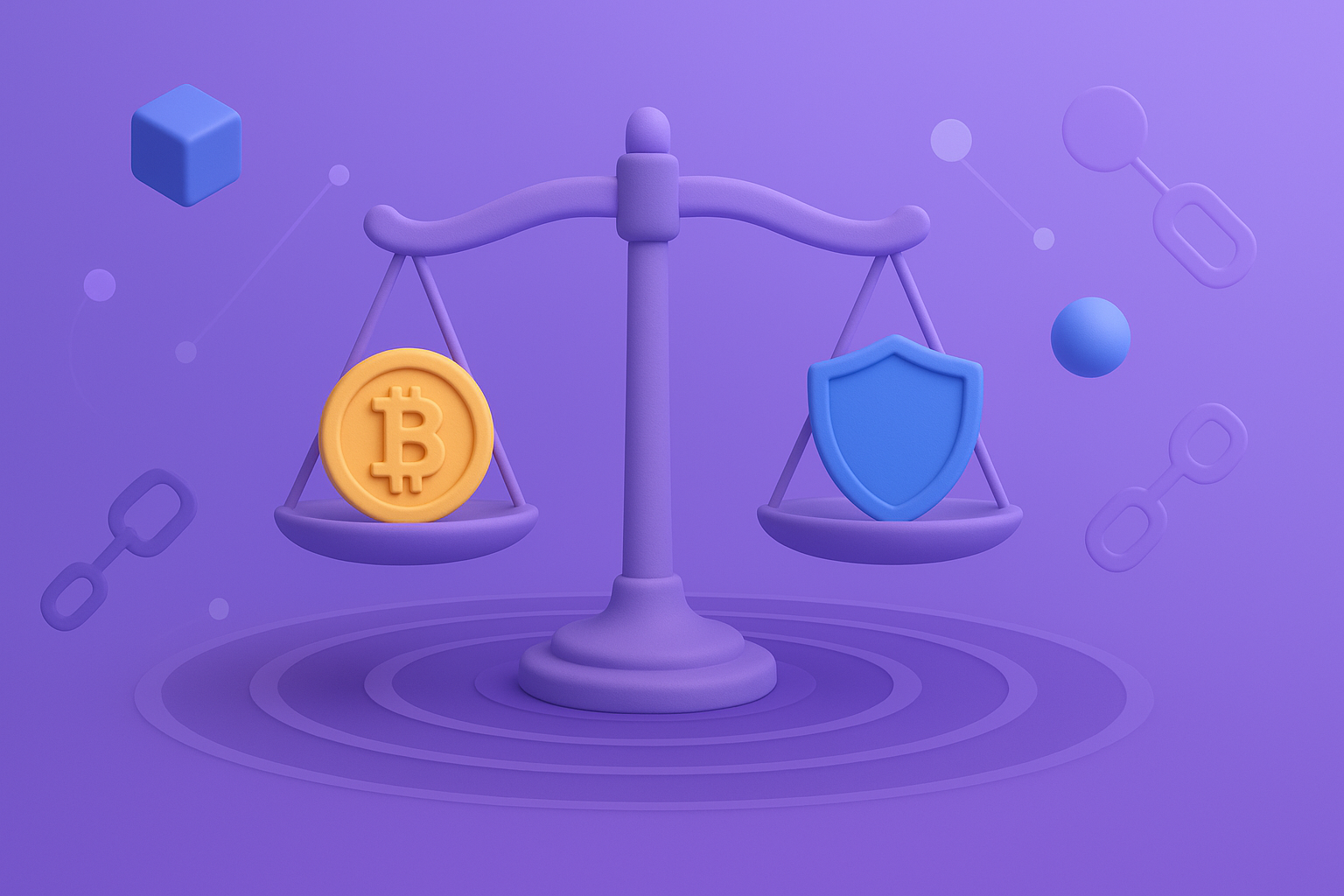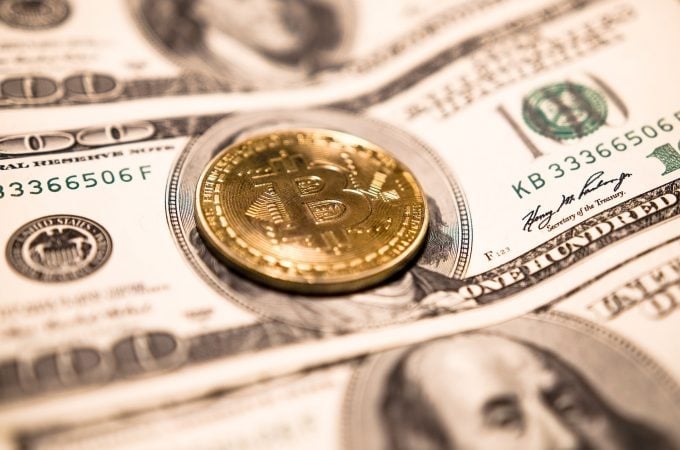Introduction
Japan is taking a major step in regulating its cryptocurrency market by introducing laws aimed at prohibiting insider trading in this sector. This initiative, led by the Financial Services Agency (FSA) and the Securities and Exchange Surveillance Commission (SESC), is part of a drive to strengthen investor confidence and ensure greater transparency in digital markets.
Background and Objectives
Until now, the Japanese legal framework did not explicitly cover insider trading related to cryptocurrencies. Consequently, transactions based on non-public information escaped strict regulation. To fill this gap, Japanese authorities plan to integrate cryptocurrencies into the scope of the Financial Instruments and Exchange Act (FIEA). This revision will enable the SESC to investigate suspicious transactions, impose fines proportional to the gains made, and, in the most severe cases, refer cases to the public prosecutor’s office for criminal prosecution.
Implementation and Timeline
The FSA has announced the creation of a working group tasked with defining the precise modalities of this reform. The proposed amendments to the FIEA are expected to be submitted during next year’s regular parliamentary session. If the bill is adopted, the new rules will come into force in 2026.
Stakes and Outlook
This reform aims for several objectives:
- Strengthen investor protection: By prohibiting insider trading, Japan seeks to offer a more secure environment for cryptocurrency market participants.
- Increase market transparency: The application of strict rules will allow for better monitoring of transactions and quick identification of abusive practices.
- Align cryptocurrency regulation with that of traditional financial instruments: By integrating cryptocurrencies into the FIEA framework, Japan aims to harmonize the regulation of all financial assets.
Conclusion
With this reform, Japan asserts itself as a major player in cryptocurrency regulation, by establishing strict rules to prevent insider trading. This initiative could serve as a model for other countries wishing to regulate the digital asset market more rigorously.









